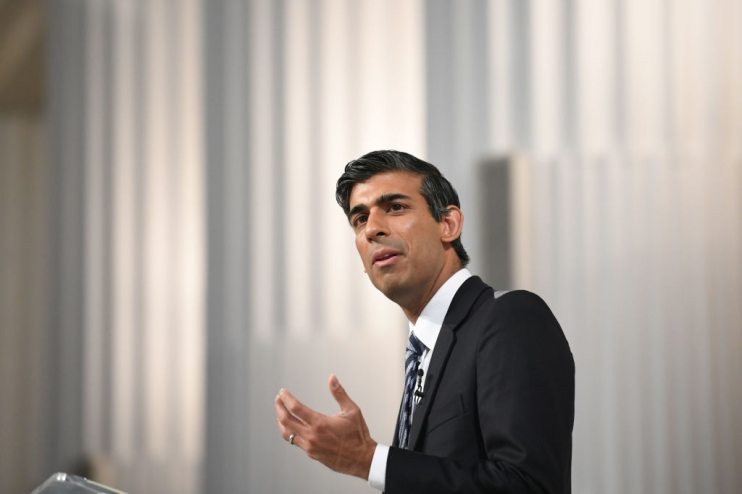Net zero must be at the heart of Britain’s taxation system if we want to meet our carbon commitments

If there was any doubt about the urgency of the climate crisis, this summer of extreme weather events – from “heat domes” in the US, to devastating forest fires across Europe and flash flooding closer to home – has surely put paid to it. The latest stark assessment from the IPCC leaves no room for doubt, and no room for excuses from government to avoid doing everything needed to limit climate change and its impacts.
And yet, here in the UK, the government has barely deployed one of the most powerful tools it has to meet policy aims and shape the world we live in: the tax system. So far, it has hardly been used in the service of driving a green economy. A Parliamentary committee even concluded that the Treasury could not explain “how the tax system is used in achieving the government’s environmental goals”.
The public is ready for this to change. New research by Green Alliance and BritainThinks shows there is widespread public support for a tax system which makes greener choices the easiest choices. With people’s growing awareness about the impact their decisions have on the climate, they are keen to do the right thing, but often struggle to know what that is. Perversely, the tax system – and VAT in particular – encourages environmentally damaging choices.
Under the current tax system, we’re encouraged to tear down buildings rather than keep them in good repair – with new build construction benefiting from no VAT and renovation suffering from the full 20 per cent. We’re often locked in a cycle of buying new stuff when our phones, washing machines or kettles stop working because the cost of repair, with the full 20 per cent VAT, is unaffordable.
We are easily put off making energy saving improvements to our homes because gas is relatively cheap and it benefits from reduced VAT. Meanwhile low carbon heating systems – as well as solar panels and insulation, which sometimes incur full VAT, and double glazing, which always does – can be dauntingly expensive.
The cost of getting to net zero has been thrust into the public eye. As a result, ministers are mulling over a delayed phase out of gas boilers or a demotion from a commitment to an “aim”. This is of course damaging from a climate perspective; domestic gas accounts for a whopping ten per cent of UK emissions. But it makes little economic sense. It is of course right to prevent putting higher costs on lower income households, but current policy “protects the poor” by making it artificially cheap for them – and everyone else – to heat their homes with fossil fuels.
In cash terms, the benefits of this approach largely accrue to the wealthy, who use more fuel, with the wealthiest ten per cent of households saving £233 on their annual energy bills from the reduced rate, compared to £128.50 for the ten per cent on the lowest incomes. It would be better to end this implicit subsidy and to redistribute and reinvest the revenue in energy efficiency and low carbon heating for those on low incomes.
This, in fact, is what people surveyed as part of Green Alliance’s citizens jury wanted to see. They expressed real enthusiasm for greening VAT, with one juror going so far as to say they “love” the idea – surely an unusual sentiment to feel about tax. But it has to be done fairly, with targeted measures, such as grants for improving home energy efficiency for poorer households, to protect those who could be disproportionately impacted by an increase in gas prices.
Addressing the perversities in the current VAT system is just one part of what is needed in tackling climate change – people want government to be doing much, much more, and to be setting out a coherent, ambitious vision and plan for tackling the environmental crisis. Ensuring the tax system doesn’t actively encourage the public to make the wrong decisions is the least the government can do to help people play the role that they want and need to in combatting climate change.